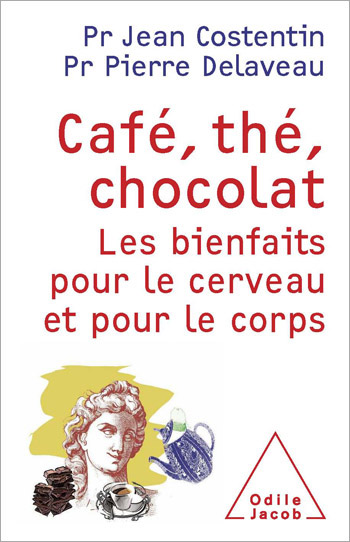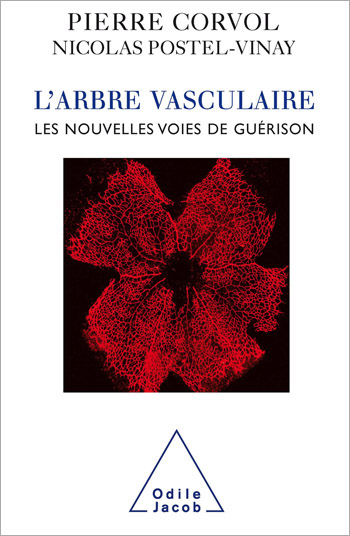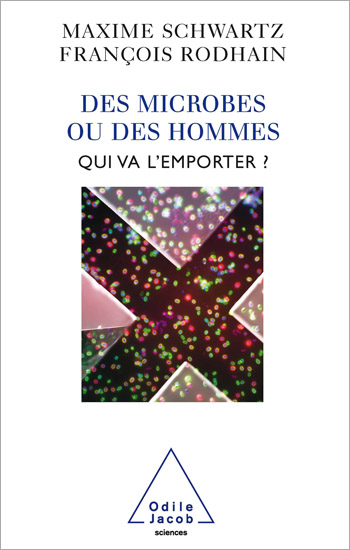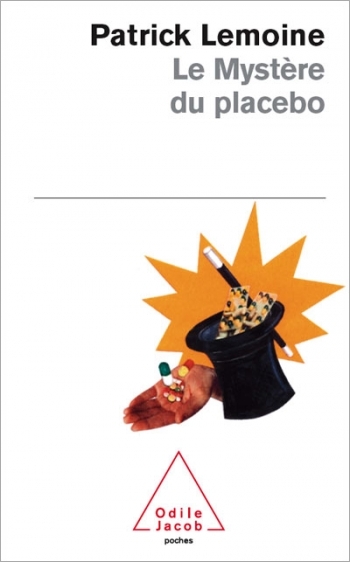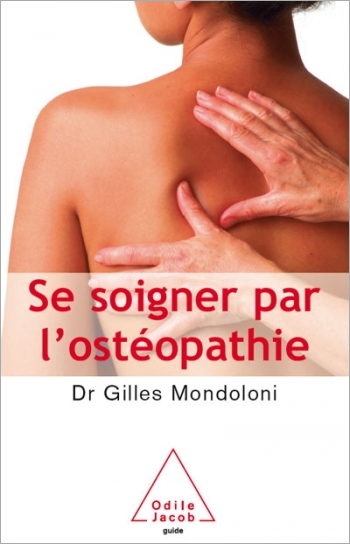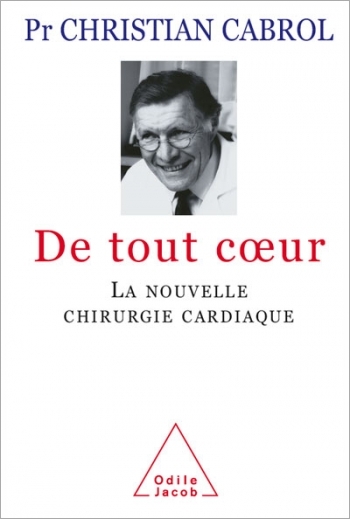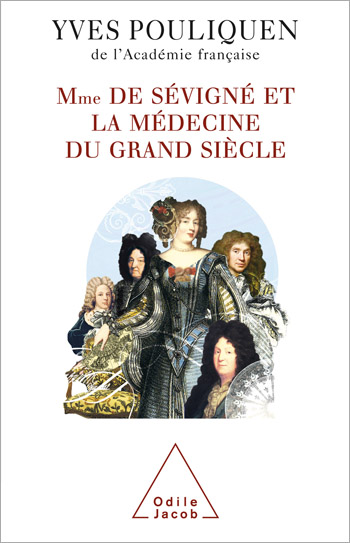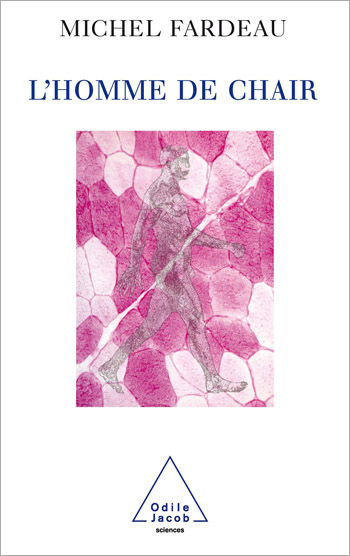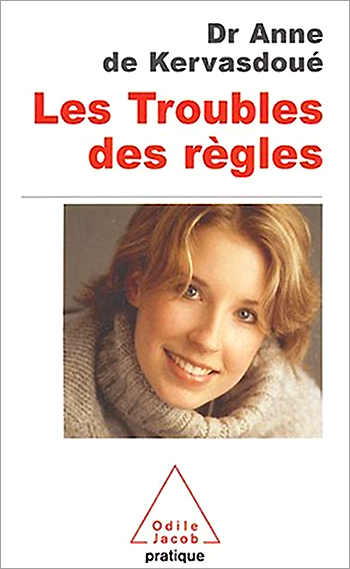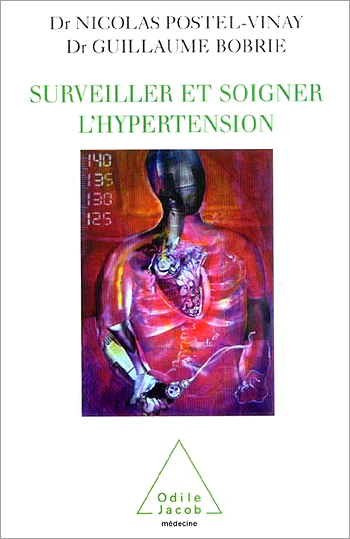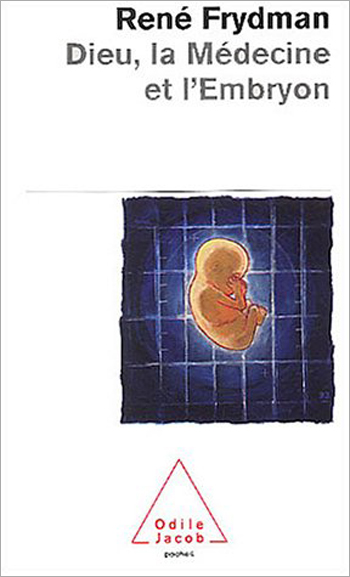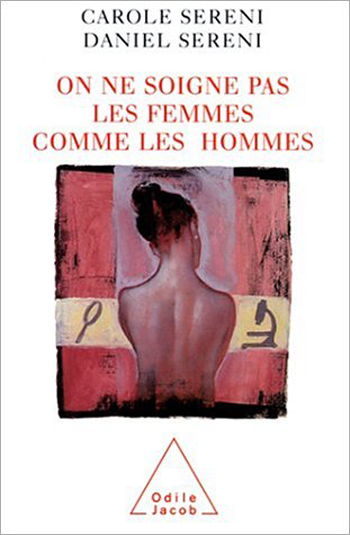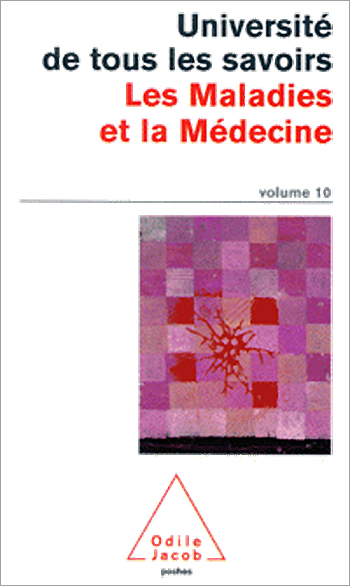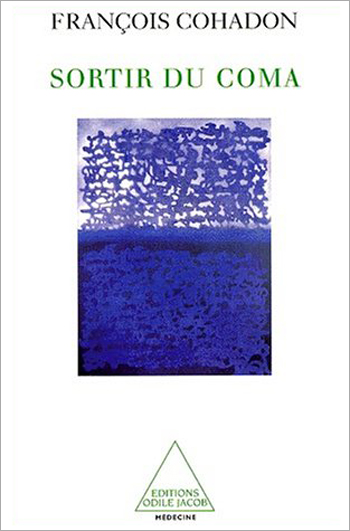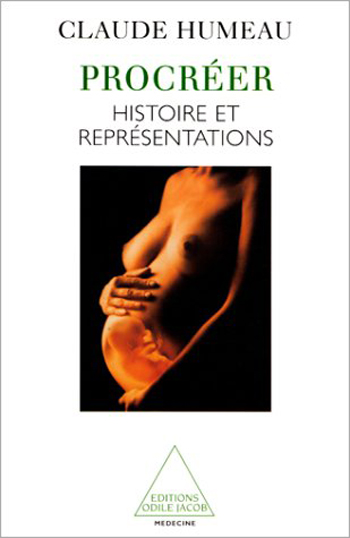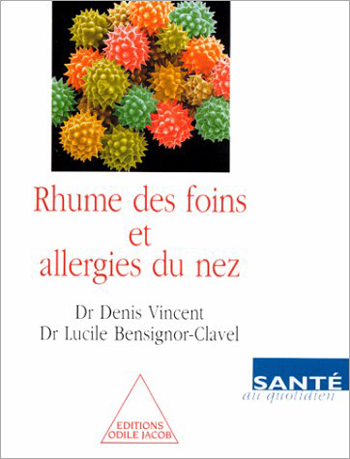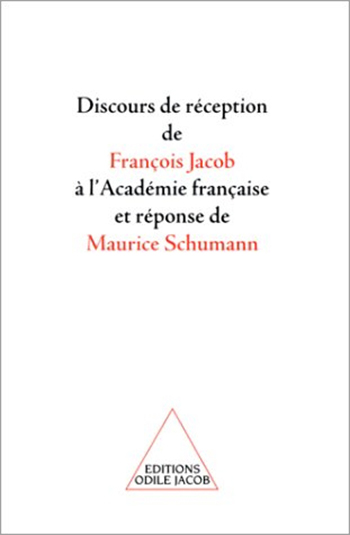General All books
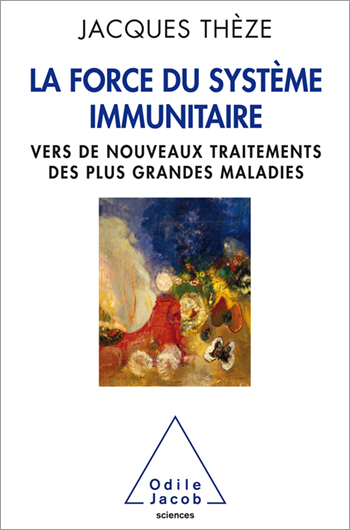
Jacques Thèze
The Immune System’s Strategies Developing New Treatments for Major Diseases
Ground-breaking approaches to the treatment of major diseases
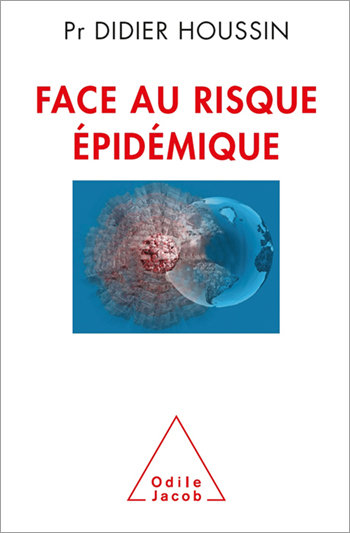
Didier Houssin
Against the epidemic risk
A warning, an analysis and some proposals to protect the world’s future inhabitants
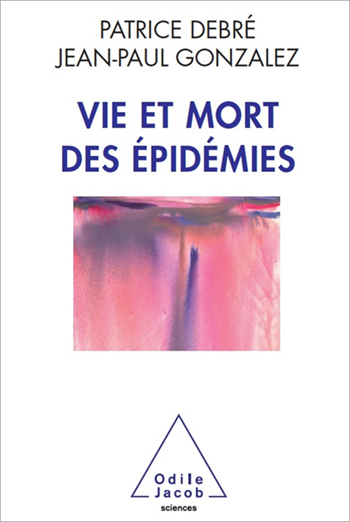
Patrice Debré, Jean-Paul Gonzalez
The Life and Death of Epidemics
A fascinating history of epidemics and the struggle to overcome them, from earliest times to the present
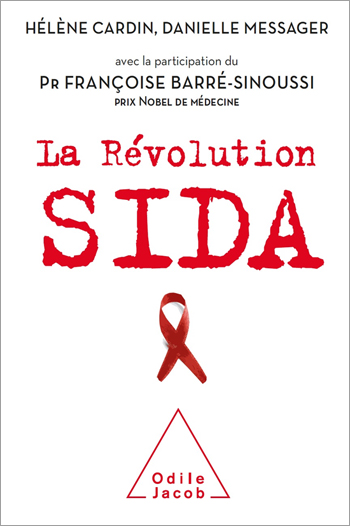
Hélène Cardin, Danielle Messager, Françoise Barré-Sinoussi
The AIDS Revolution
Thirty years after the groundbreaking discovery of the HIV virus, its co-discoverer assesses today’s social and medical situation.
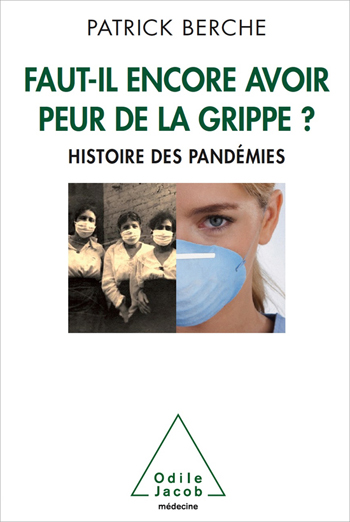
Patrick Berche
Should We Still Be Afraid of the Flu?
The fascinating history of influenza, from the Middle Ages to the recent reappearance of a virus that had been vanquished
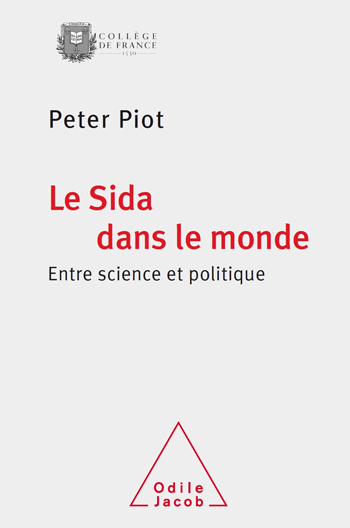
Peter Piot
AIDS in the World
A personal account, synthesis and an impassioned plea in which science and politics converge to fight AIDS
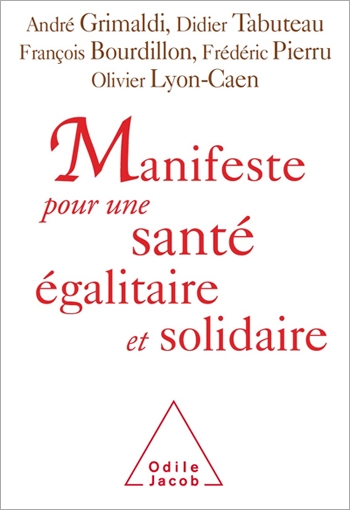
André Grimaldi, Didier Tabuteau, François Bourdillon, Frédéric Pierru, Olivier Lyon-Caen
Manifesto for Fair and Egalitarian Healthcare
In the run-up to the French presidential elections, two healthcare specialists denounce the constant and catastrophic deterioration of hospitals in France — and propose effective solutions
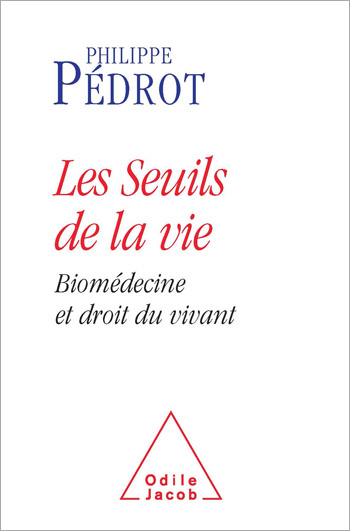
Philippe Pédrot
Judging What Cannot Be Decided The Body Seized by the Law
This is a careful study of the cataclysm that biomedical technology has wreaked on procreation, gestation, life and death.
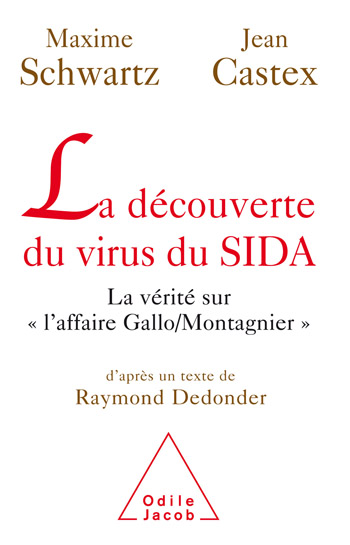
Maxime Schwartz, Jean Castex
The Discovery of the AIDS virus The Truth about Gallo/Montagnier affair
In Stockholm, on 10 December 2008, the King of Sweden awarded the Nobel Prize in medicine to Françoise Barré-Sinoussi and Luc Montagnier, for their discovery of the AIDS virus...
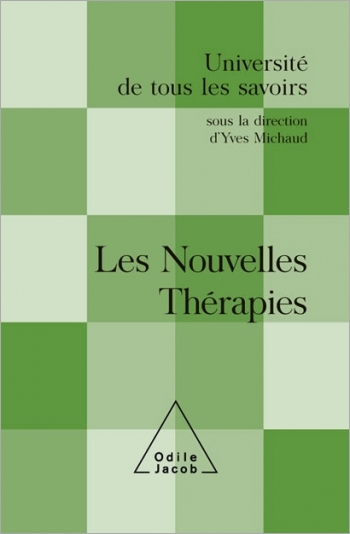
Yves Michaud
New Therapeutics
Advances in medical science are constantly being made, but it is often difficult for patients to realise what these advances entail and to understand their applications. The twelve lectures collected in this new volume in the series L'Université de tous les savoirs aim to inform us about some of these recent advances by addressing the following questions: What is the procedure for putting new medication on the market? How is new medication tested? What are the policies for furthering pharmaceutical innovation? How are health care structures organised? What will the hospital of the future be like? What are biotechnologies? What has been the impact of the neurosciences on therapeutics? What advances have been made in genetic mapping? What benefits can patients hope to gain from it? Gathered here are contributions by a geneticist, a surgeon, a psychiatrist, an emergency doctor, a neurologist and a philosopher. They examine the state of medical research today and address a question that concerns us all: What will medical care be like in the future? Contributions by Yves Agid, Pierre Carli, Alain Carpentier, Patrick Couvreur, Claude Debru, Bernard Golse, Didier Houssin, Gérard Le Fur, Jacques Marescaux, Arnold Munnich, Luis Omnès and Olivier Saint-Jean. Other books in the series include Qu'est-ce que la vie?, Qu'est-ce que l'humain?, Qu'est-ce que la société?, Qu'est-ce que l'Univers?, Qu'est-ce que les technologies?, Qu'est-ce que la culture?, Qu'est-ce que la vie psychique?, Le Renouvellement de l'observation dans les sciences, La Chine aujourd'hui, Egalité et inégalités, Qu'est-ce que la diversité de la vie?, Qu'est-ce que la globalisation?, Paris and La Guerre d'Algérie 1954-1962.
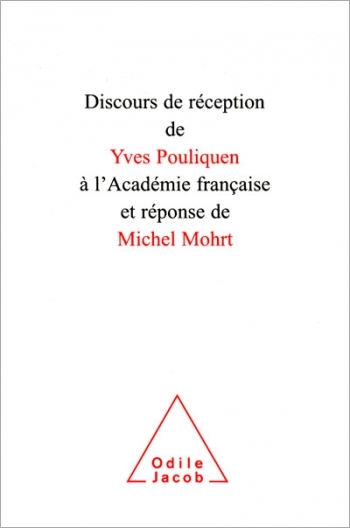
Yves Pouliquen, Michel Mohrt
Speech on the Occasion of Entry into the French Academy and the Response of Michel Mohrt
Speech on the occasion of entry into the French Academy of Yves Pouliquen, 30th January 2003, and the response of Michel Mohrt
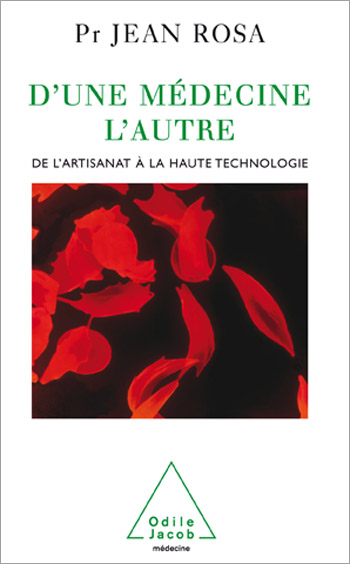
Jean Rosa
From one Medicine to Another From a Craft Industry to High Techology
Jean Rosa belongs to the post-war generation that transformed French medicine from a state of powerless humanism all the more "humane" because it was so often helpless to one of scientific and technical efficiency. Unfortunately, in the process, medicine seems to have lost its human face. In this book, Rosa shows how he contributed to this medical revolution: on the one hand, through the "Debré Reform", which instituted teaching hospitals, thus firmly linking medical research with therapeutic and surgical treatment, and, on the other hand, by associating medicine with molecular biology. Jean Rosa is Emeritus Professor in the medical school of the University of Paris-XII and a member of the French Academy of Science
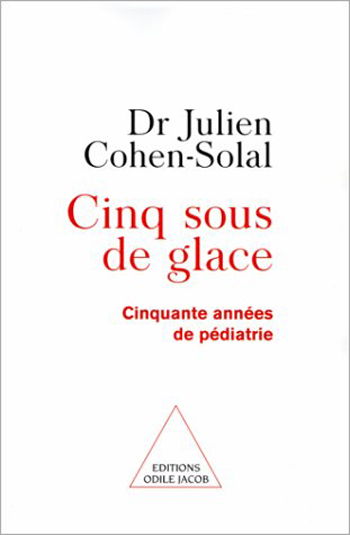
Julien Cohen-Solal
Cinq sous de glace Fifty Years of Pediatrics
Julien Cohen-Solal has made some of the greatest progress over the past several decades in France in understanding the needs of young children. After many of his books have become classics in the field and served as landmarks to many families, Cohen-Solal tells today of his childhood and adolescence in Algeria during the 30s and 40s, of his discovery of the Parisian post-war medical world, of the influences and discoveries that punctuated his education, and of relationships with parents and children that were important to him. Now is the occassion to celebrate fifty years of pediatrics in France, fifty years of scientific, clinical, and psychological advances.
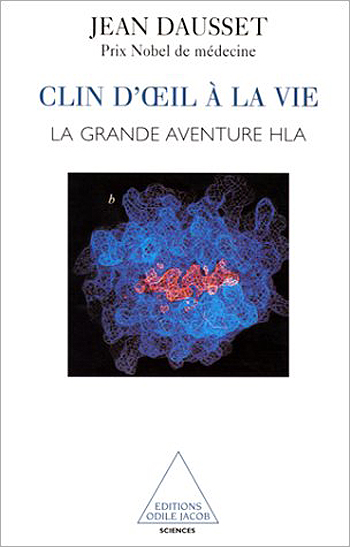
Jean Dausset
A Nod in the Direction of Life The Great HLA Adventure
Jean Daussets finding that white blood cells play an active role in immunization won him the Nobel Prize for Medicine and opened a new area of biological investigation, both in pure and in applied research. The HLA system harbours a unique peptide which may be regarded as the essence of the self in opposition to everything else much as the pineal gland was regarded as the seat of the soul by Descartes. The distinction between the self and the non-self is an essential one in immunology where an individuals defensive system must fight off foreign bodies while at the same time defending his or her own system. In his book, Jean Dausset recounts the story of his discovery and introduces the reader to other fascinating aspects of his life and work.

